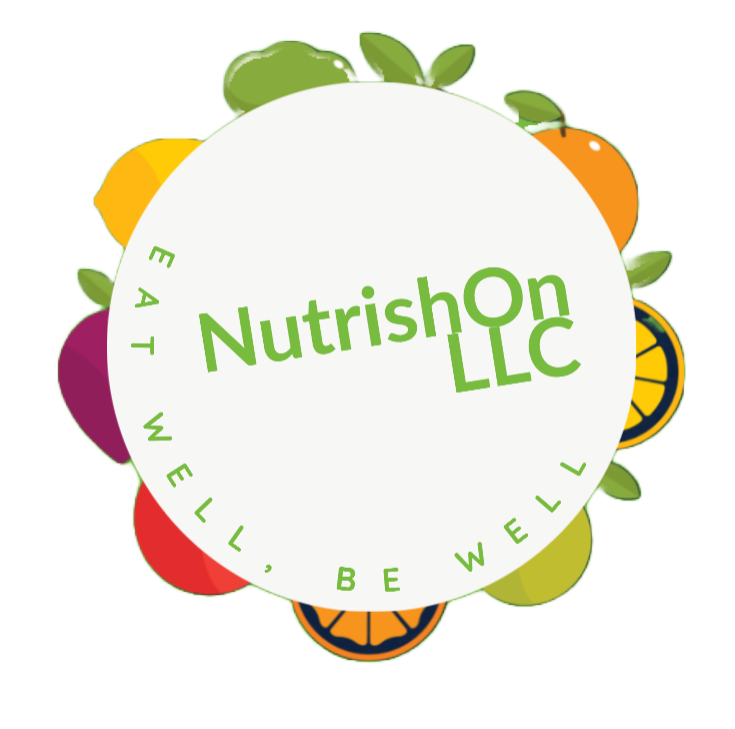Becoming a “Pro” in Probiotics - What They Are & Why You Should Eat Them
Probiotic foods contain beneficial bacteria or yeast, similar to the bacteria which naturally occur in our bodies. These bacteria naturally live all throughout our bodies in/on our gut, mouth, and skin; there are an estimated one-hundred trillion of these microorganisms throughout our bodies. Probiotic bacteria help to maintain and multiply the good, healthy bacteria in our bodies which help promote good health.
It is these microbes’ jobs to: keep the bad bacteria at bay (which helps keep you from getting sick), help your body digest foods and promote regularity of bowel movements, generate vitamins (like Vitamin K and Vitamin B12) in your body and much more! It is important to keep a balance of healthy bacteria in your body because when they are abundant there isn’t room for harmful bacteria to come in and proliferate. This is why when we take antibiotics, it is recommended that we eat probiotics afterward because the antibiotics can eliminate all bacteria without discrimination and leave the gut without its healthy bacterial defenses; when you eat the probiotics afterward it allows the healthy bacteria to be reintroduced into your gut so they can re-establish themselves.
Foods which provide beneficial strains of microbes are naturally fermented and contain probiotics. Fermentation is a preservation process which has been around for ages. Probiotic foods include, but are not limited to: yogurt, buttermilk, cottage cheese, kombucha, tempeh, sourdough bread, sauerkraut, kimchi, pickles. To ensure the foods truly contain beneficial probiotics, look for the phrase, “naturally fermented” on the food’s label. The two most common strains of probiotic bacteria include Lactobacillus and bifidobacterium, and they can be found in products such as Greek yogurt.
But why exactly are fermented foods a good source of probiotics? Fermented foods undergo a process known as lactofermentation; during this process bacteria eat starch and sugar which produces lactic acid. The lactic acid in turn preserves the food and promotes the production of good bacteria, as well as helpful enzymes, omega-3 fatty acids, and B vitamins. Not all fermented foods contain probiotics, as some fermented foods go through processes which remove the probiotics
Along with probiotics, it is important to eat prebiotic foods. Prebiotics are foods which feed the good bacteria in the body and help them grow and proliferate; these are usually found in high-fiber foods. Prebiotics can be found in a variety of vegetables, whole grains foods, and fruits. Our bodies are not able to digest prebiotics, but the bacteria in our gut are. Fun fact: when the good bacteria in your gut consume prebiotics, they produce hydrogen, carbon dioxide, and methane gases- which is part of the reason why we pass gas.
As a registered dietitian nutritionist, knowing the importance of probiotics in the diet has lead me to incorporate Greek yogurt into my daily routine; my favorite preparation with Greek yogurt is overnight oats. To make my favorite overnight oats I mix one-half cup oatmeal with one-half cup Greek yogurt, one-half cup of water and fifteen grams of protein powder. This is a great base for a great variety of flavor combinations such as peaches and cream (add fresh peach), lemon and poppyseed (add lemon juice, lemon zest, and poppyseeds), etc.
Cooking fermented foods kills the bacteria so it is recommended that you eat them in their fresh, uncooked form. Another important note is that it is hard for encapsulated probiotics to maintain their viability, so it is recommended that you consume real food sources of probiotics as often as possible to reap their benefits.
